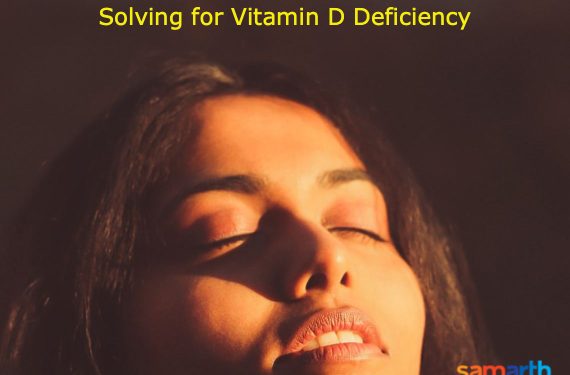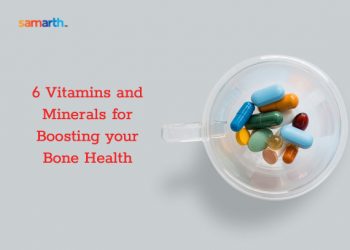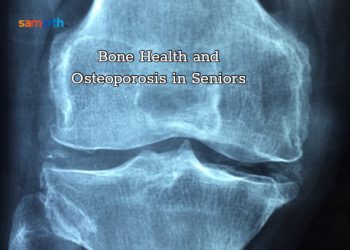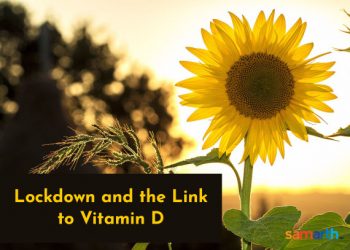Sometimes, we fail to appreciate something that we have in abundance. Sunshine is one such thing that we Indians are blessed with, naturally. Except for peak winter in some parts of India, we get more than enough sunlight. Vitamin D is naturally produced in our body when exposed to sunlight. Hence, it is also called the sunshine Vitamin. We Indians were not aware of Vitamin D deficiency and its ill effects till recently. However, awareness is growing, and we now know how important Vitamin D is to our good health.
Many factors come into play to bring about a Vitamin D deficiency in seniors, leading to some health issues. With age, our body loses its ability to synthesize Vitamin D from sunlight. Also, very few foods in our diet provide Vitamin D naturally. Additionally, recent corona-induced lockdown hasn’t been good news either. If we cannot step out, the amount of sunlight we get is reduced further. Another worrying aspect of the lockdown is the social cutoff, which is leading to mental health issues.
What is more alarming is the scientific evidence suggesting Vitamin D deficiency as a risk factor for depression. Hence, the present circumstances may be conducive for mental health issues unless we understand the same and take necessary action.

Join Now >
The link
Researchers have found that people with depression have low Vitamin D levels. They have analyzed and concluded that Vitamin D is essential for the healthy functioning of our brain. When there is a deficiency, it affects certain parts of our brain and may lead to depression. There is a conclusion on low Vitamin D levels being a risk factor for depression. It is because Low Vitamin D levels affect the moods and behavior of a person adversely. It is also possible that people with depression spend less time socially, less time outside, and eat poorly, all of which lead to Vitamin D deficiency.
Note: While it is one of the risk factors, it has not been established yet, that Vitamin D deficiency will cause depression for sure. Getting enough sunlight or taking Vitamin D supplements is not being suggested or promoted as a cure for depression. It needs to be diagnosed and treated clinically. What is being presented is, getting enough sunlight will help us maintain sufficient levels of Vitamin D in our body, to bring down the risk factor.
How to diagnose?
Neither depression nor Vitamin D deficiency is self-diagnosable. If you are showing any symptoms as below, it is best to consult a doctor.
- Aching bones
- Fatigue
- Drowsiness
Typical symptoms of depression like:
- Insomnia
- Lethargy
- A feeling of sadness, hopelessness, fear
- Loss of appetite
- Forgetfulness or confusion
- Anxiety
- Headaches or unexplained pains
- Lack of interest in any activity
The doctor will do a physical and clinical examination to determine the cause and suggest the treatment. A simple Vitamin D deficiency can be treated easily with some supplements with periodic monitoring. If found to be linked to depression, the doctor may suggest additional therapy or medication as may be the case. But, as mentioned above, they are not necessarily linked always. Treating Vitamin D deficiency can help with many things, including reducing the risk of getting into depression.
How to counter?
The best way to naturally get Vitamin D in the body is to get enough sunlight. The suggested duration is 15 minutes of sunlight between 10 a.m. to 3 p.m. during the day, taking care to avoid direct sunlight at noon. Especially during summer, it is best to get the sunlight only during the early morning or late evening to avoid sunstroke.
Foods like salmon, mackerel, mushrooms, egg yolk, etc., can help increase Vitamin D levels in the body naturally. The next best thing is to include Vitamin D fortified foods like cereals, juices, milk, etc.









